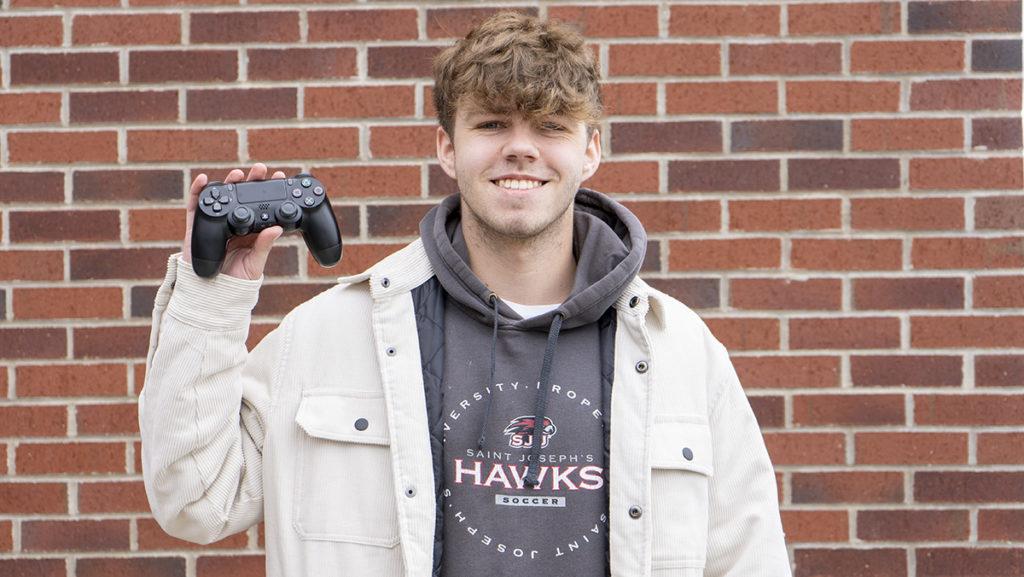It’s Sunday night and after a long weekend, you’re cramming all your assignments that were handed out to you weeks before. The last thing you want to be doing is sitting at your desk, library or homework station thinking about how to do all this work in such a short period of time. I find myself doing so every week.
The thing I’d rather be doing is hopping on the PlayStation console and playing some video games with my friends. From non-gamers, there’s a known perception of negativity surrounding video games and how they affect academic status and brain stimulation. I must admit that this negativity is quite premature and there is a problem with how schools, parents and peers stigmatize the use and consumption of fun old video games.
Many critics automatically turn to the negative aspects of gaming, and I will agree there are some. In some cases, gaming can result in bad grades, a development of bad habits and a lack of motivation. Although these are compelling factors, I have personally used gaming as a motivation technique and seek alternative positive outcomes. It is clear that others do this as well. Game-based learning can provide opportunities for strategic thinking, it can motivate disengaged learners, it can encourage collaboration and can serve as a safe environment for learning. With the innovative technology we have today, gaming is here to stay.
On average, 70% of college students have reported that they play video games occasionally. I can’t stress the number of times my family has told me to get off the game. If gaming was so bad, I wouldn’t use it to find stress relief.
I have heard from many people that gaming guides you to an antisocial lifestyle that is hard to break out of. I find that it is the exact opposite. Gaming allows me to interact with friends outside of the real world. Especially with COVID-19, gaming has allowed me and my friends to stay connected and build our relationships every day. It may sound quite nerdy but interacting with my friends and people I don’t even know has built my communication skills and allowed me to prosper in social situations outside of my room. Video games can act as a safe space for individuals with social anxiety disorders. These platforms allow users to experiment and communicate when and how they want in situations that are vulnerable.
The negative connotation gaming has is a real problem worth mentioning. What is so bad about it? Some of my friends joke around and say we play too much, but I disagree. Gaming can be and is my outlet from the real world. I believe your brain and mind are the most important parts of your body to train and focus on. Gaming can increase an individual’s gray matter in their brain — the part responsible for muscle control and sensory perception skills. In fact, gaming can increase brain connectivity, improve coordination and problem-solving skills, greater brain efficiency and even build opportunities for socialization.
For those who aren’t totally convinced with physical exercise, this might be something worth trying. It’s like a workout for your mind where suddenly those bad grades associated with gaming aren’t so bad anymore.
How can our grades suffer when studies have shown that kids who use gaming regularly develop better social skills over time and perform better academically? Next time you feel the stress of school, personal life or other issues, I urge you to try gaming and see how far that relief of stress can go. As many of my friends know, I have always been quite a shy person. Gaming has allowed me to branch out of my comfort zone and put me in situations where I can finally hold meaningful conversations.














